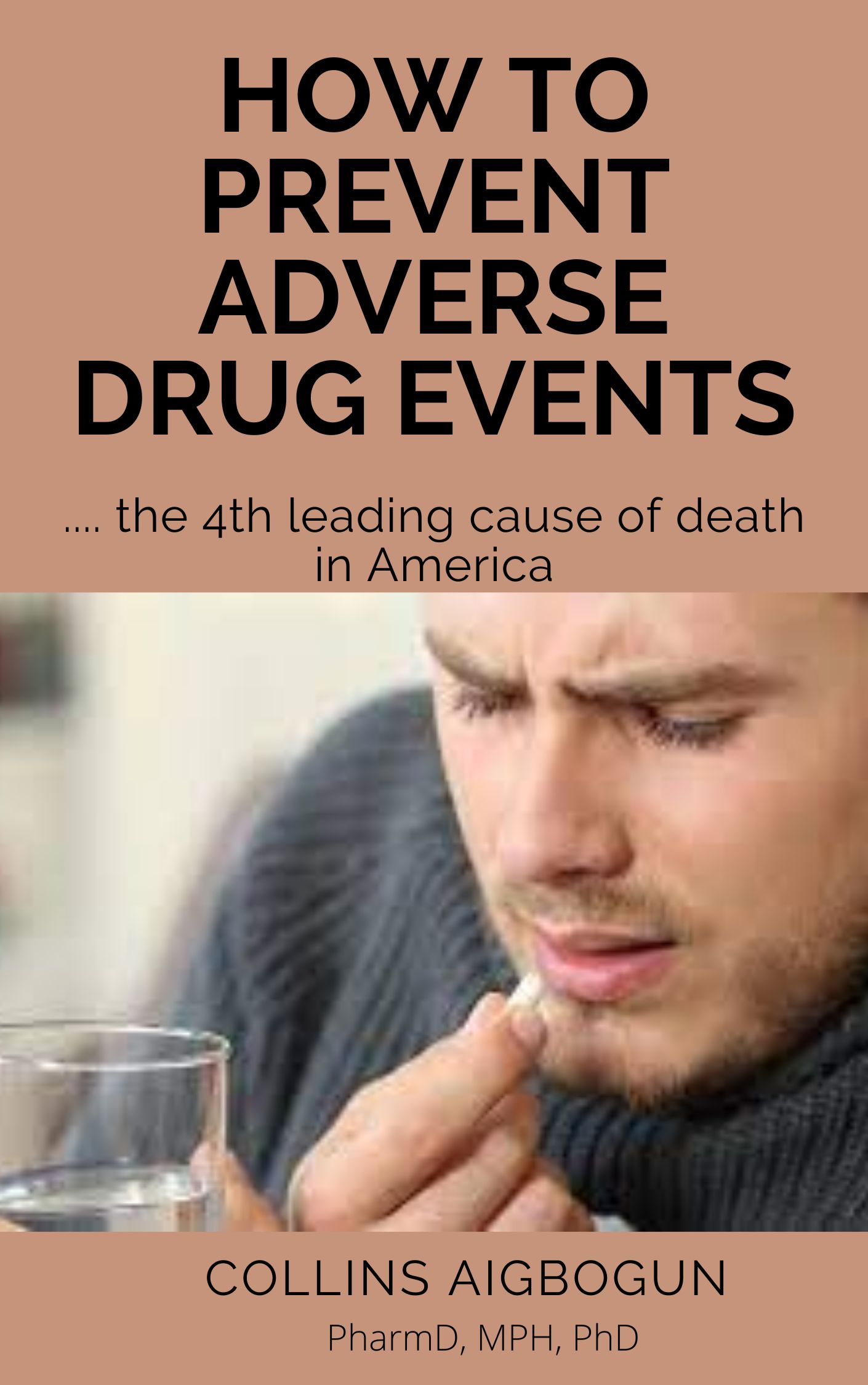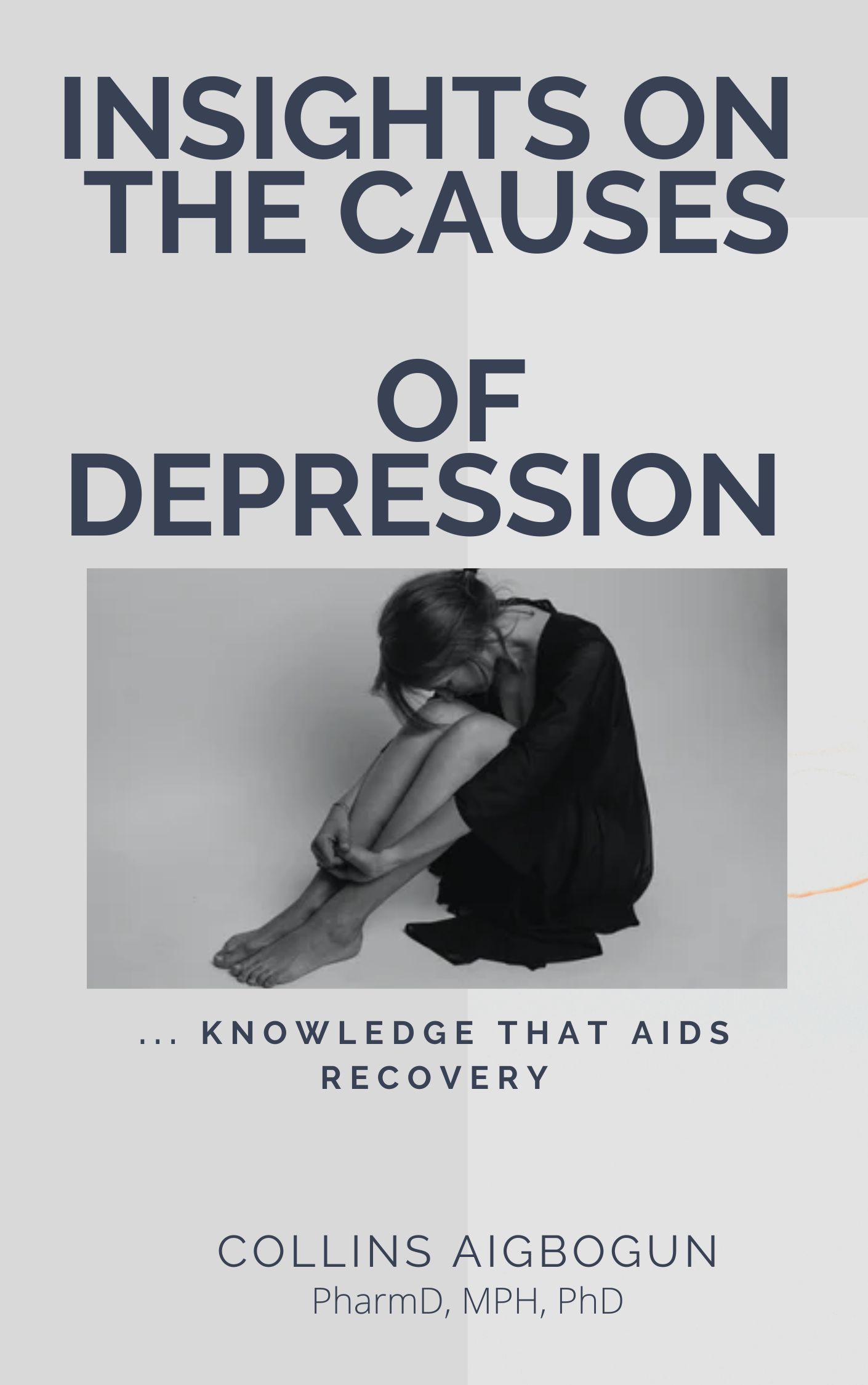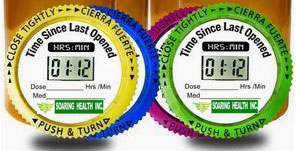Overcoming Anxiety Without Drugs
Have you ever been bothered or anxious over something? I remember how worried I was several years ago when I lost my job, and I did not know what to do next. It was a humbling experience for me. Nevertheless, I learned that everything I can reside within me. All I needed to do was to develop my potentials through the use of appropriate resources and helpful people.
OVERVIEW
Anxiety is synonymous with depression. The Centers for Disease Control and Prevention states that over 16.2 million Americans have experienced depression or some other type of mental illness at a particular time in their lives. As we focus on Mental Health this month, we are glad to know that there is a solution for every mental health challenge we face. The most reliable antidote to anxiety and depression is a shift in focus from the present emotional stress into a task that can reinforce the solution to the problem. If you devote enough attention to the answer as well as the pathway to accomplish the solution, we will have little bits of successes that can culminate into a significant success story. This series of micro-action will enhance your confidence level which will result in less anxiety. According to the American Psychiatric Association, most illnesses links to a form of stress which results in inflammation and worry. These illnesses include cancer, diabetes, heart problem, and depression. Others include panic attacks, circulatory problems, infections, and insomnia. This means that if stress and anxiety is put under control, many health problems will be averted. It is needful to say that some illness results from stress experienced in unavoidable circumstances such as in a workplace, or from close family members. In all such instances, there is a need to display the appropriate caution on the best use of time in focusing on probable solutions. In addition to deflection of focus, some persons derive relief in the use of herbal formulation and prescription anxiolytic drugs. Anxiolytic drugs are drugs meant to treat anxiety. They include benzodiazepines, barbiturates, tricyclic antidepressants, tetracyclic antidepressants, monoamine inhibitors, and several other drug classes. Due to several stressors in life, we sometimes forget to take our medications. If you need a tool that can text or call you at requested times of the day to remind you to take your medications, we can help you. CLICK here for more information.

HOW TO OVERCOME DEPRESSION WITHOUT MEDICATIONS
1. Mindfulness-Based Therapy
Mindfulness-Based Therapy is a tactic that helps people to manage their fears, emotions, anxiety and depressive symptoms. It is a form of mind-control that enables an individual to focus on thoughts that reinforces joy while shifting focus from depressive and destructive ideas. This definition is a classic description of what Paul Arden said in his book titled “Whatever you think, think the opposite.” In a study at the University of Exeter, researchers observed that individuals who practiced mindfulness meditation 30 mins daily had better health outcomes than individuals who took anti-depressants or those who only received counseling for depression. According to the study findings, some of the participants who practiced mindfulness meditation daily discontinued their medications because they felt confident to stop their medicines.
2. Exercise
Generally, exercises release chemicals that make the body feel good and also relax. A short burst of vigorous activity naturally increases Brain-Derived Neurotrophic Factor (BDNF), which is a compound that increases the production of new neurons and improves neuronal connectivity. This mechanism is one of the ways exercise reduces stress and reduce depressive symptoms.
3. Nutrition
It is interesting to learn that food contains most of the ingredients and nutrients that can help us function in a higher capacity. Nutrient-dense diet is effective in decreasing inflammation and also support our nutrient level. Nutrition that helps in reducing depressive symptoms include foods rich in Omega-3 fats, nutrient-dense-herbs, veggies, and spices such as turmeric. Also, saturated fats and moderate amounts of animal protein help the body to have a stable mood.
4. Improve anti-oxidants that decrease oxidative stress
Anti-oxidants mops free radicals in the human body. Often time, these free radicals result in oxidative stress on human cells especially the mitochondria. Research has shown that oxidative stress is a major cause of many diseases including cancer, autism, depression, Alzheimer’s disease, ADHD, and several others. Hence, there is a need to supplement the natural anti-oxidants in the human cell. One of the main boosters of human anti-oxidants is glutathione. According to Dr. Mark Hyman, glutathione is a protective antioxidant that serves as the mitochondria’s main line of defense against damage from oxidative stress. Foods that contain Glutathione include garlic, onions, avocado, okra, avocado, milk thistle, turmeric spice, as well as fruits and vegetables that contain vitamin C.
5. Getting Outside into Nature
Research has shown that people who get outside into nature have a lower stress hormone levels, blood pressure, pulse rate, and heart rate when compared with people who live sedentary and boxed lives in the cities. Sunlight helps the human body to relax and destress through the release of endorphins. These hormones can reduce pain, support hormone regulation and even inhibit cancer growth. Research has also proven that sunlight enhances dopamine release and enhance dopaminergic receptors.
SUMMARY
We live in a world where we are sometimes overwhelmed with depressive thoughts that make us anxious. Instead of anti-depressants which sometimes have some side-effects, depressive symptoms can be tackled or prevented through the use of mindfulness therapy, aerobic exercise, adequate nutrition, decreased oxidative stress, as well as natural sunlight.









